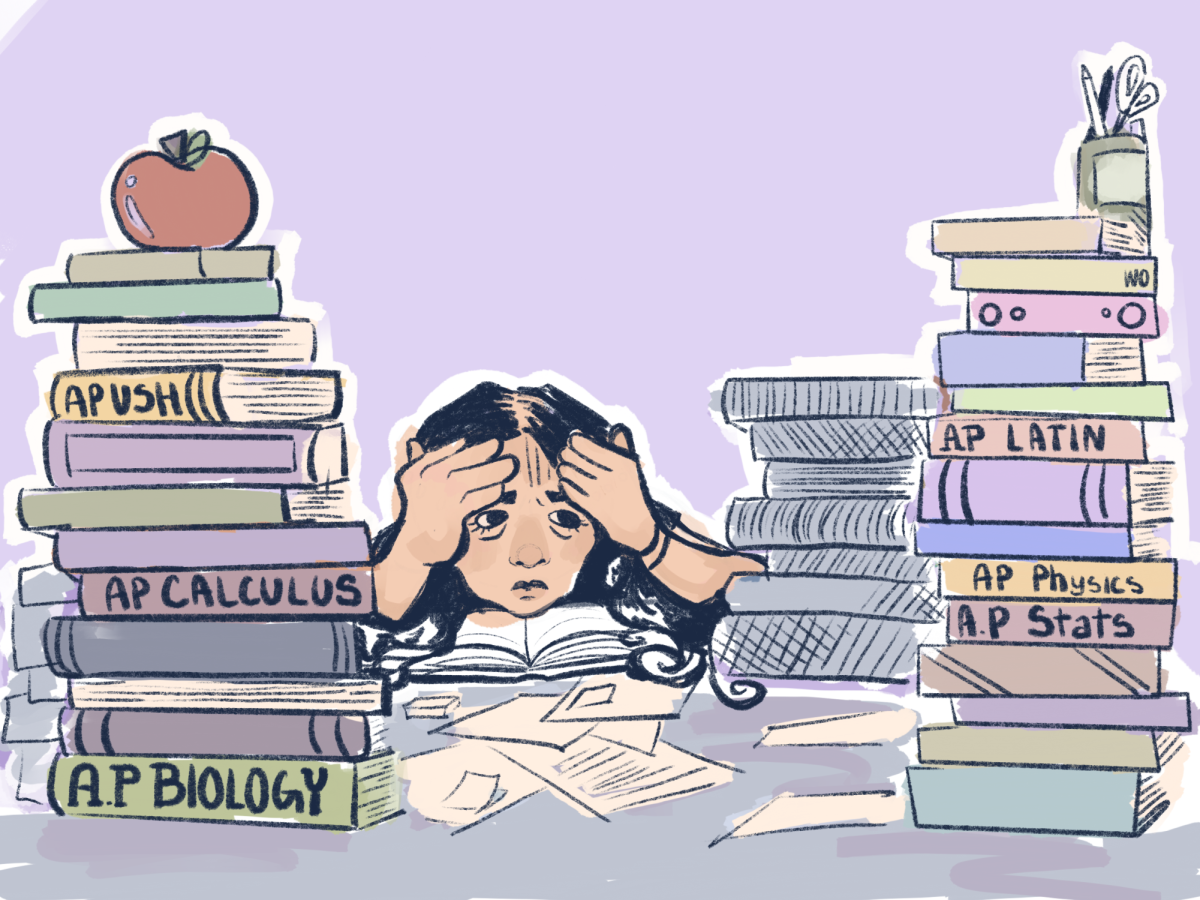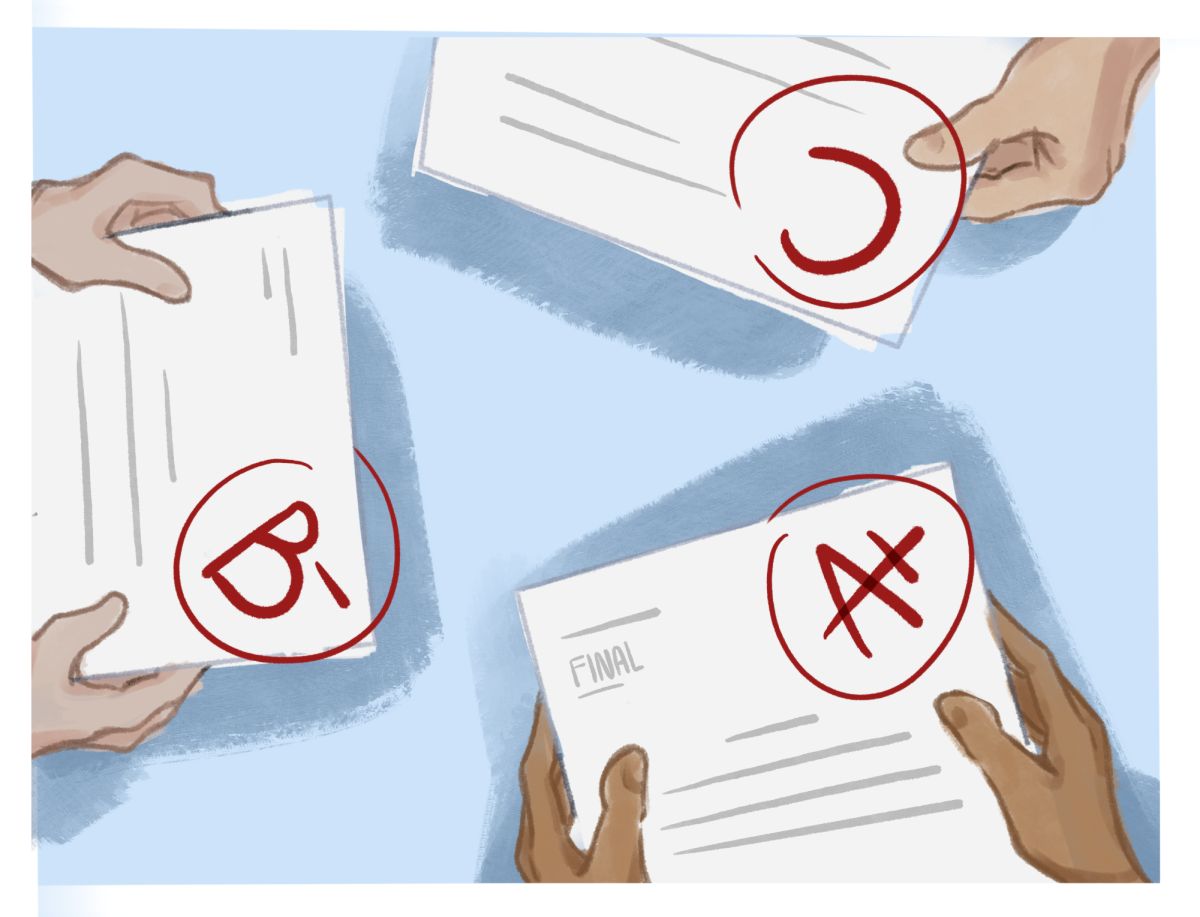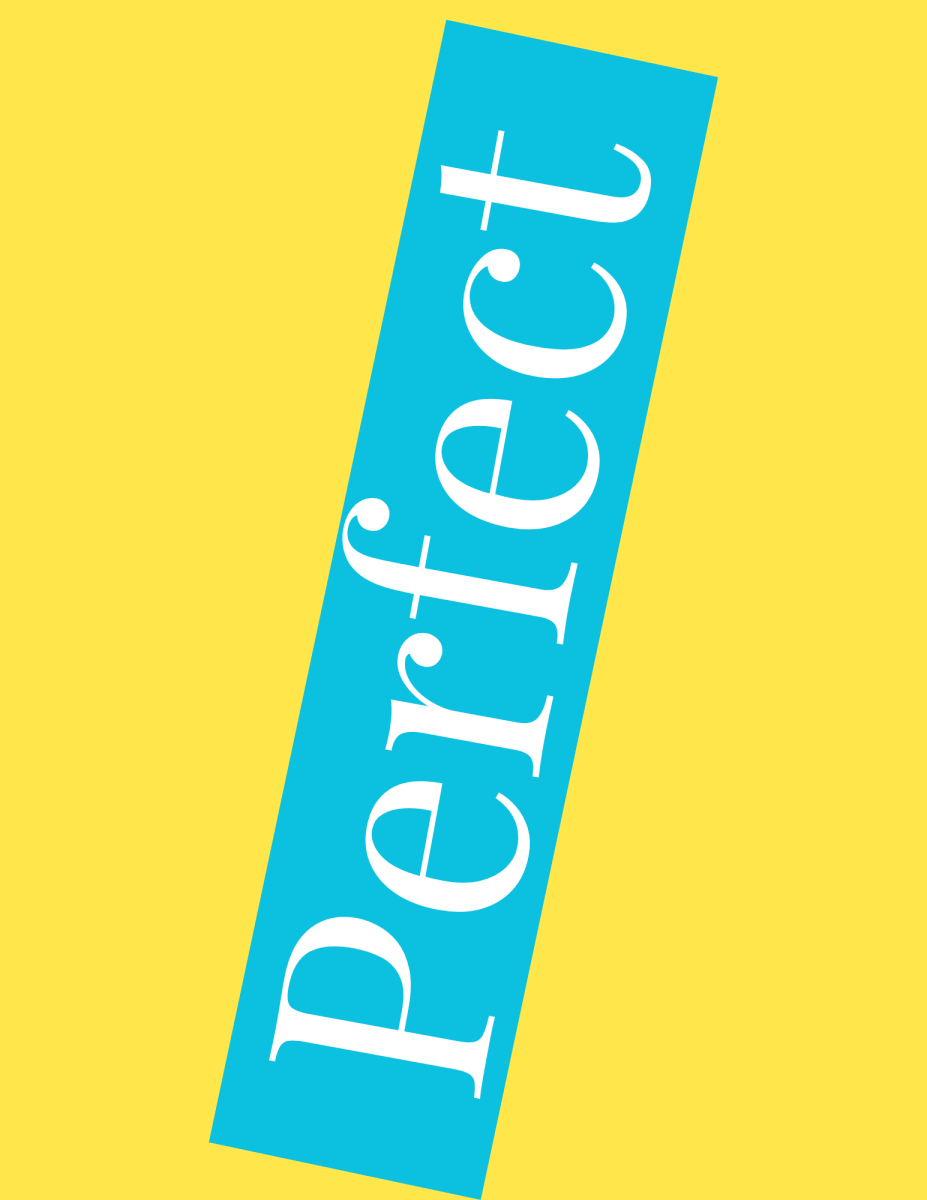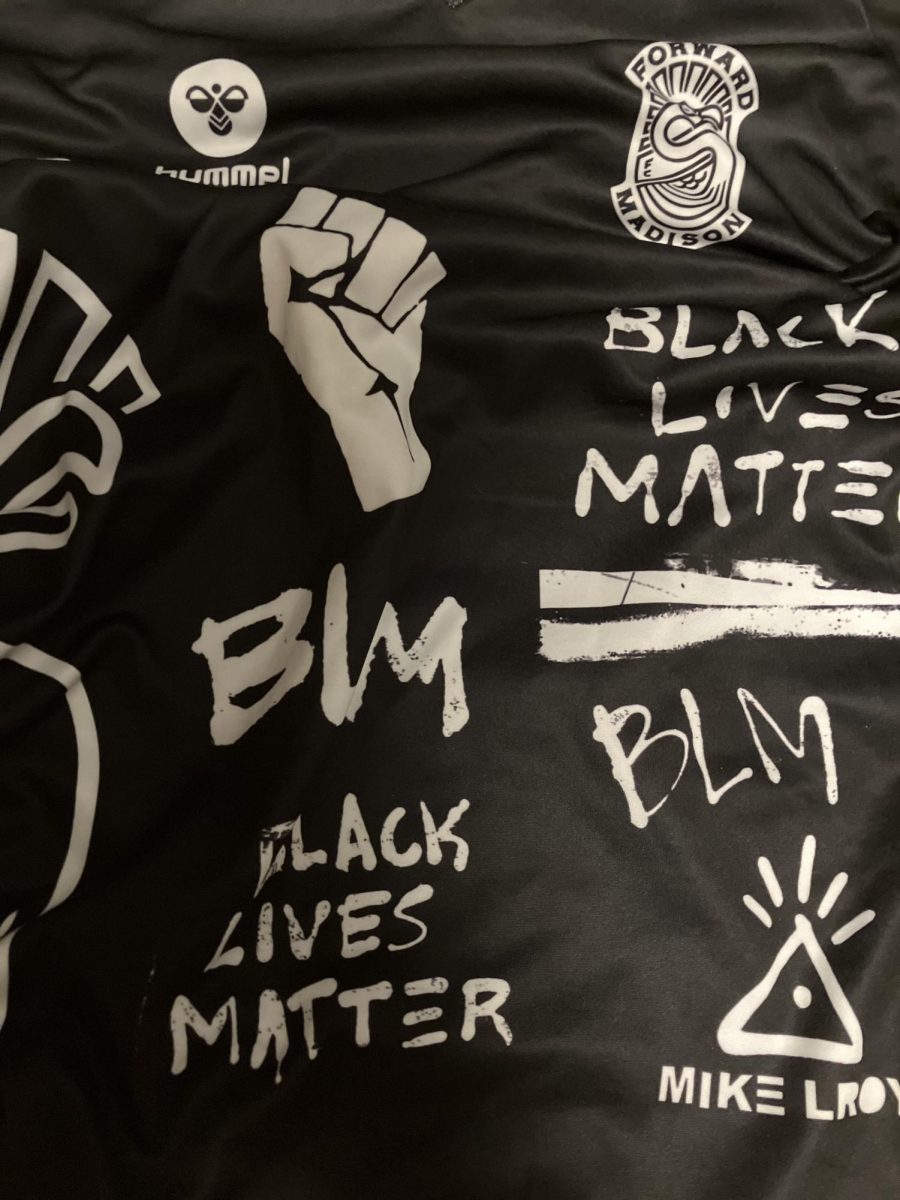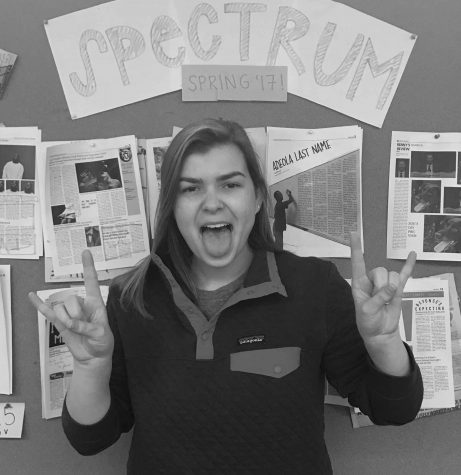The stigma that surrounds mental illness, although we are often able to distance ourselves from it, has infiltrated our community at Blake. It is apparent that these misconceptions and preconceived notions about mental illness are now preventing students from seeking the help they need at school. There is a fear about mental illness in the school that often isn’t talked about, however, it’s time to talk.
At the school, we have two counselors, Erin Adams and Jill Rabinovitz, who are here to help students with a variety of problems we may be having. However, there is something that is stopping students from reaching out when they need help, although we have in-school counselors. Firstly, there is a lack of visibility of the counselors. There isn’t a lot of focus on the fact that they are here for us to talk to them. In fact, the only reason a number of us even know who they are is that, as a freshman, you stop at their offices on the tour of the school.
Secondly, very rarely can someone identify themselves as struggling, and in the need of help. However, it can be easier for someone to identify a friend as someone who may need some help but often they don’t know how to go about this. A simple solution to this might come with the increased visibility of the counselors themselves, but it also may be a good idea to create a forum, like the assembly announcement sheet, that any student can fill out if they have concerns about a friend. It may include some questions about their concerns, and the student’s name whom they’re concerned about doesn’t even need to be required. This can be a way for the counselors to follow up with any student over email, make a time to meet and address the concerns they have. It’s all about opening the door to communication between the students and the counselors, and making sure everyone knows how to get help.
Third, there is this idea that if you go see the counselors you are inherently “weaker” or “troubled.” These ideas make up the exact stigma that surrounds mental illness. At first glance, our school seems like a place where everyone feels welcome and can reach out for help without worrying about what anyone else will think. But our school isn’t immune to these misconceptions around mental illness. There is an immense fear that if you go to the counselor, you’ll be treated differently from people in the community.
The importance of inclusivity cannot be understated. It cannot be more important that every student feels they fit somehow in the Blake community, and this can’t happen if students are shamed for reaching out to counselors. We have school counselors for a reason, right? And why is it any different to get counseling on college, by your college counselor, and getting counseling on mental health or stress from the school counselors?
There are a lot of misconceptions about mental illness that surround our society, and our school is not exempt from these stigmas. It’s important to realize that there may be students at the school who are struggling in silence, in fear of what will happen if they go see a counselor. These struggles do not need to be silenced anymore. Blake, it’s time to talk.


